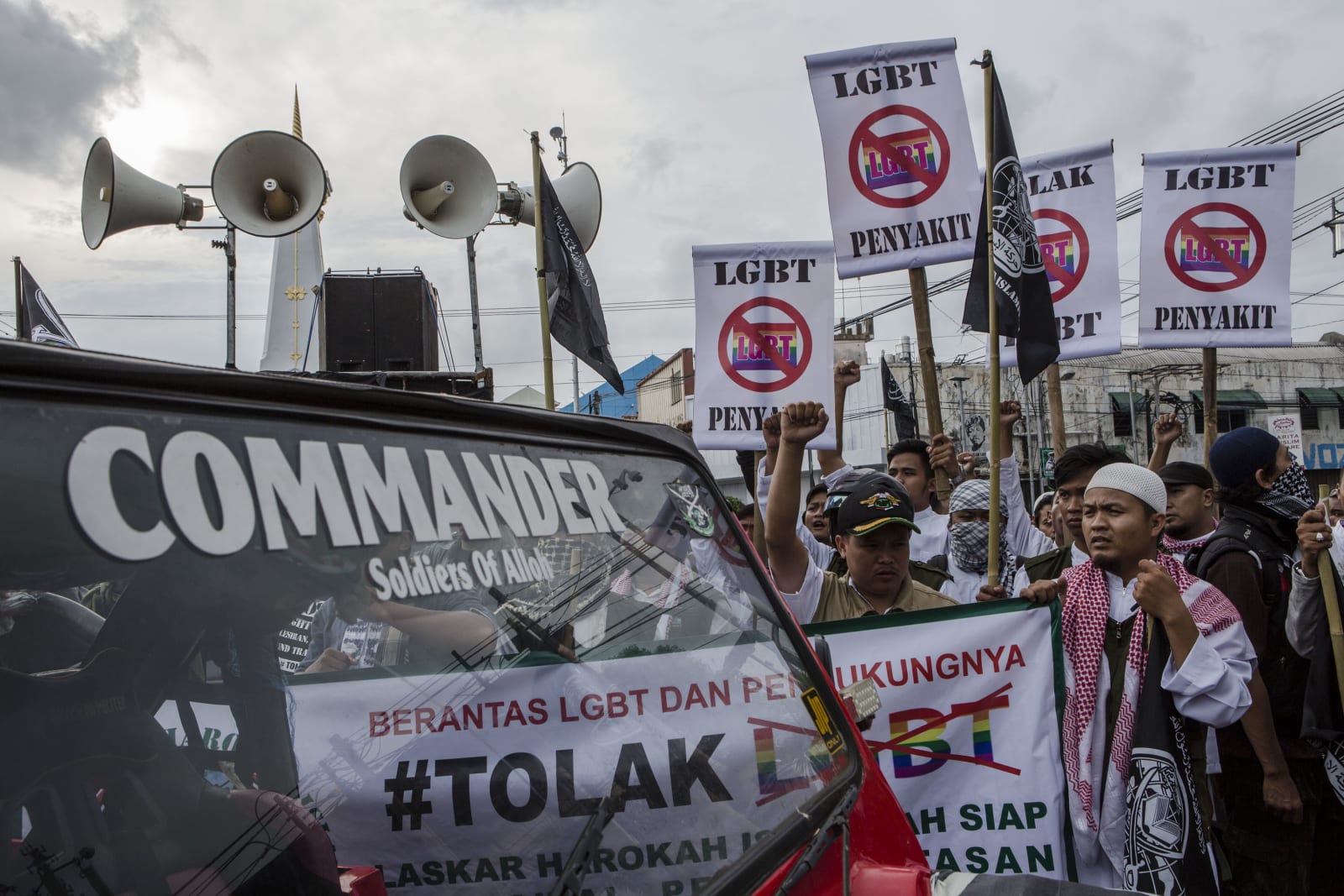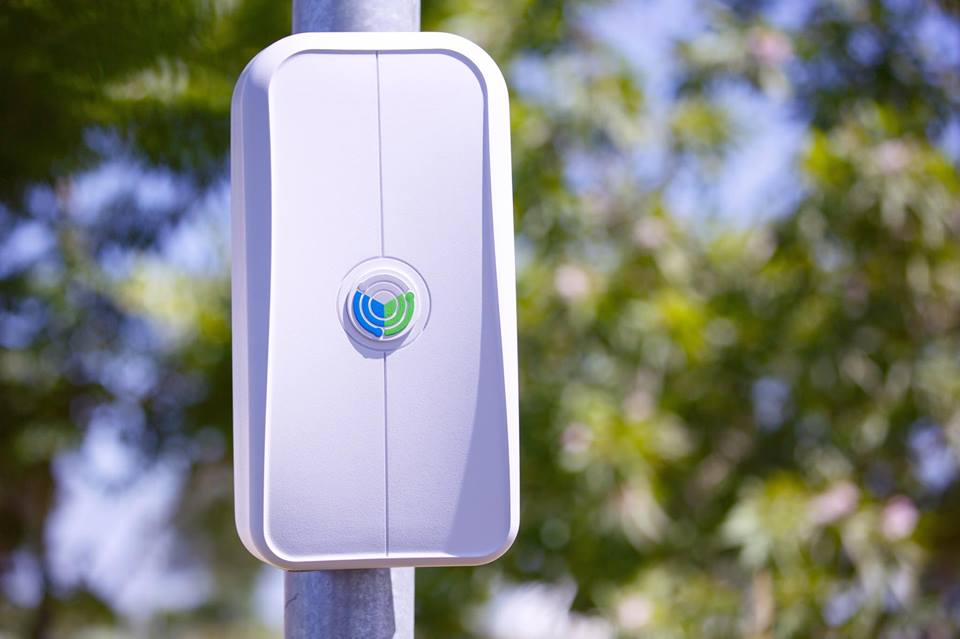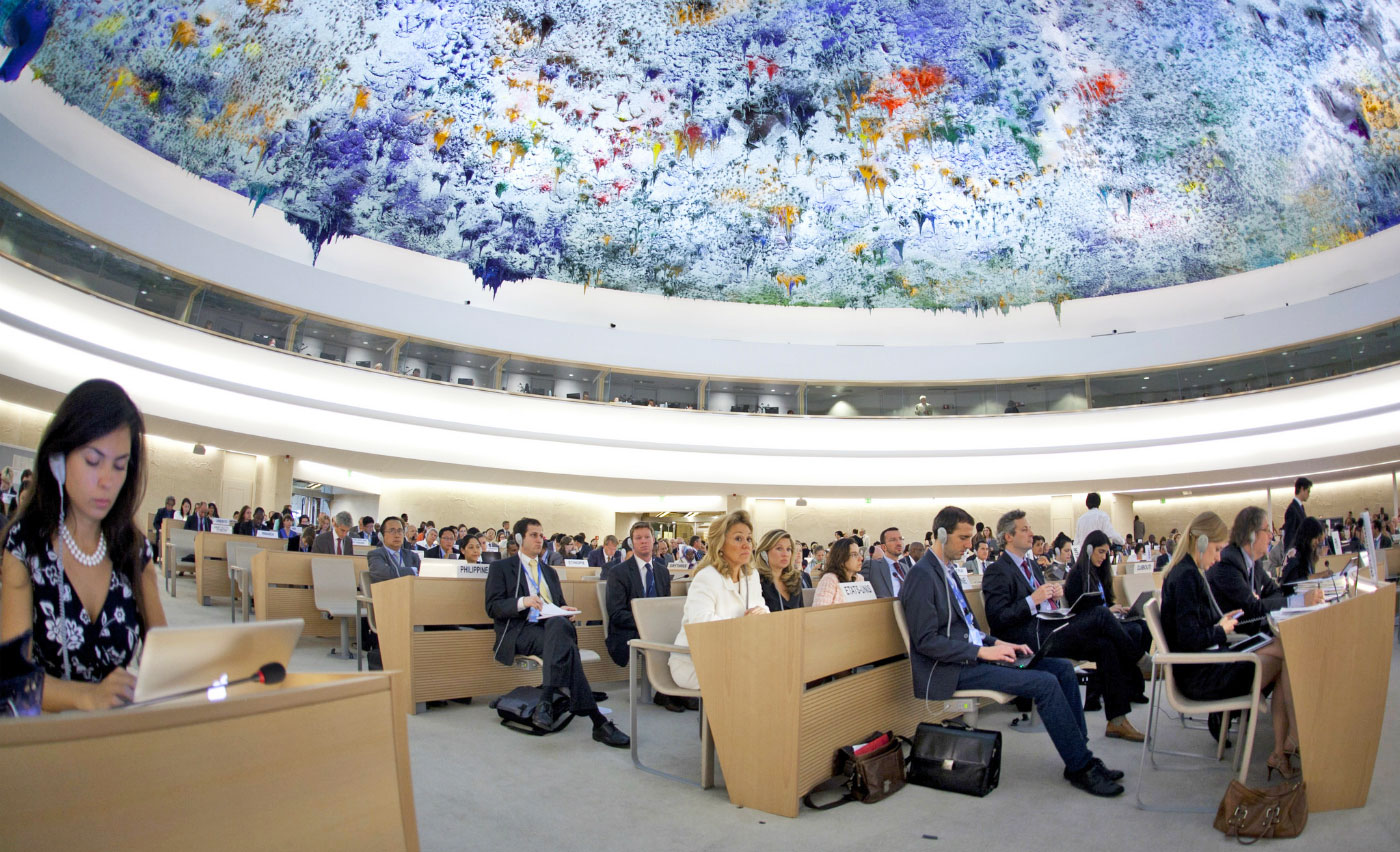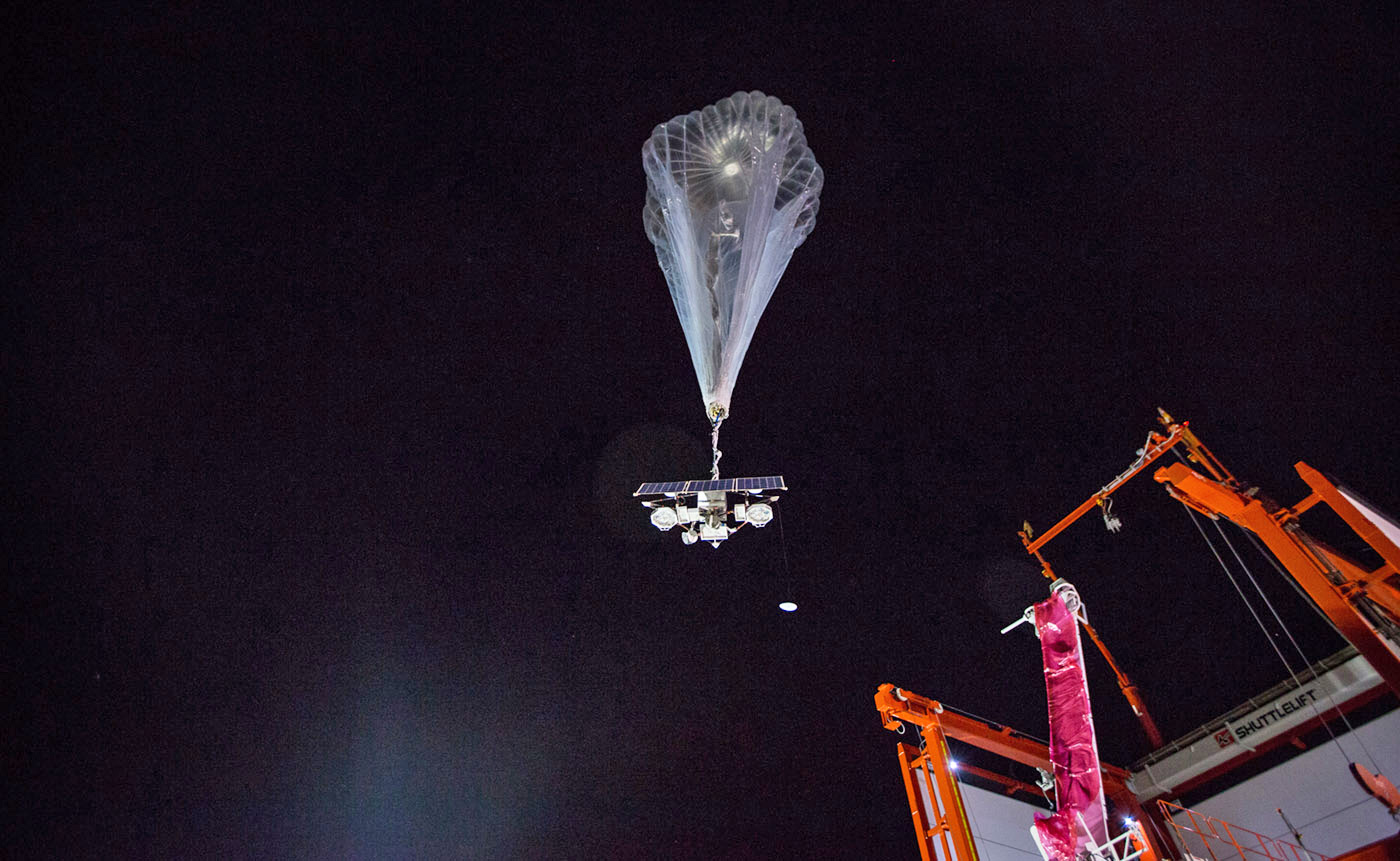Tag Archives: InternetAccess
Turkey shuts off internet service in 11 Kurdish cities
 The Turkish government has cut off mobile and landline internet access to 11 cities in the country's southeast, a region that is predominantly Kurdish, Turkey Blocks reports. Kurds are the largest ethnic minority in Turkey, composing roughly 20 perce...
The Turkish government has cut off mobile and landline internet access to 11 cities in the country's southeast, a region that is predominantly Kurdish, Turkey Blocks reports. Kurds are the largest ethnic minority in Turkey, composing roughly 20 perce...
Turkey shuts off internet service in 11 Kurdish cities
 The Turkish government has cut off mobile and landline internet access to 11 cities in the country's southeast, a region that is predominantly Kurdish, Turkey Blocks reports. Kurds are the largest ethnic minority in Turkey, composing roughly 20 perce...
The Turkish government has cut off mobile and landline internet access to 11 cities in the country's southeast, a region that is predominantly Kurdish, Turkey Blocks reports. Kurds are the largest ethnic minority in Turkey, composing roughly 20 perce...
Indonesian government may ban over 80 LGBT apps and websites
 While homosexuality isn't technically illegal in Indonesia, it's extremely frowned upon in society. That extends to the digital realm, like when the country's Information and Communications Ministry pressured social app Line to remove LGBT themes and...
While homosexuality isn't technically illegal in Indonesia, it's extremely frowned upon in society. That extends to the digital realm, like when the country's Information and Communications Ministry pressured social app Line to remove LGBT themes and...
Facebook reveals open-source wireless platform, OpenCellular
 OpenCellular is Facebook's open-source wireless access platform designed to provide internet to remote areas around the world. OpenCellular is roughly the size of a shoe box and it can support up to 1,500 people as far as 10 kilometers away with a ra...
OpenCellular is Facebook's open-source wireless access platform designed to provide internet to remote areas around the world. OpenCellular is roughly the size of a shoe box and it can support up to 1,500 people as far as 10 kilometers away with a ra...
UN rights council condemns the disruption of internet access
 The United Nations Human Rights Council has had enough of state-sponsored attempts to restrict internet access and punish people who use the internet as a space for free expression. The council on Friday passed a resolution that reaffirms and expands...
The United Nations Human Rights Council has had enough of state-sponsored attempts to restrict internet access and punish people who use the internet as a space for free expression. The council on Friday passed a resolution that reaffirms and expands...
Google seeks carrier for Loon pilot program in India
 Google's Project Loon has blossomed from a crazy-sounding scheme into a practical program. In fact, the company can now auto-launch a balloon in 30 minutes that will stay aloft for 100 days. For the next step, the company will run a full pilot progra...
Google's Project Loon has blossomed from a crazy-sounding scheme into a practical program. In fact, the company can now auto-launch a balloon in 30 minutes that will stay aloft for 100 days. For the next step, the company will run a full pilot progra...
Internet.org targets efficiency and cost reduction to connect the next 5 billion
If Internet.org ever hopes to be successful with its goal of bringing affordable internet to the next 5 billion people, the cost of delivery will need to be much cheaper than it is today. Today, members of the coalition -- which includes Facebook, Qualcomm, Ericsson and others -- released a substantial 70-page white paper that outlines some of the initial steps that are on the drawing board. According to the group's estimates, data delivery is currently 100 times too expensive to execute the vision of Internet.org, but all of that could change within the next decade.
To accomplish this, Internet.org is seeking ways to bring a tenfold improvement to the cost of delivering data, along with apps that are 10 times more efficient. For Facebook's part, it highlights technologies such as HipHop for PHP and the HipHop virtual machine, which allows its existing servers to accommodate 500 percent more traffic than before, and its Air Traffic Control system, which allows it to simulate different mobile networks and congestion systems around the world. Similarly, Facebook is looking to compression technologies such as WebP -- currently in use on its Android app -- to replace image formats such as PNG and JPEG, which alone could reduce network traffic by 20%.
Another challenge is looming, however, as Qualcomm estimates that the demand for data will double each year over the next 10 years, ultimately increasing 1000 fold over where it is today. To meet that demand, it's lobbying for a substantial spectrum reallocation, along with technologies such as carrier aggregation, LTE-Broadcast and LTE Direct. Combine this with more unconventional approaches that it'll reveal at a later date, and you begin to appreciate the massive undertaking that lies ahead for the partners of Internet.org.
Filed under: Internet, Mobile, Facebook
Source: Facebook, Internet.org (PDF)
Facebook and others form Internet.org to foster global internet adoption (video)
Google's strategy for bringing internet access to underserved areas involves giant balloons, but Facebook's leans more on collaboration. The social network has founded Internet.org along with Ericsson, MediaTek, Nokia, Opera, Samsung and Qualcomm, and is setting the partnership's sights on making sure the two-thirds of the world that doesn't have internet access gets the proper hookup. Zuckerberg and friends aren't ready for a complete show-and-tell of their plans just yet, but they've outlined some of their goals: making access affordable, using data more efficiently and lending businesses a hand so they can increase access.
When it comes to cost cutting, the group aims to develop and use tech that allows for cheaper connectivity, such as affordable high-quality smartphones. As for data efficiency, the team may investigate compression tools and caching systems to help ease the load on fledgling networks. In fact, Facebook is already working on reducing its Android app's daily data usage from 12MB a day to just 1MB. Lastly, the organization intends to look into sustainable business models that sweeten the pot for everyone from developers to mobile operators to pitch in for the cause. Connecting roughly 5 billion people to the web is a tall order by any standard, but Facebook and Co. are drawing inspiration from their successful Open Compute Project to give themselves a fighting chance. Zuck's scheduled to talk up the alliance on CNN tomorrow morning, but you can head past the break for a video from Internet.org that tugs at the heart strings.
Filed under: Internet, Facebook
Via: The New York Times
Source: Facebook (1), (2), (3), Internet.org
Google donates $600,000 to bring free WiFi to San Francisco parks
San Francisco has been striving for city-wide internet access since 2007, and with a little help from Mountain View, it's now one step closer to achieving that lofty goal. After receiving a $600,000 donation from Google, 31 public parks in one of the world's most tech-savvy cities will have free WiFi for at least two years. Google's gift will cover installation and maintenance of all necessary equipment for the project, which builds upon the the city's existing public WiFi hotspots like San Francisco International Airport and City Hall. While blanket coverage for the entire city is still a ways off, offering free internet access in places like public parks is a giant step forward in making the web accessible for all.
Via: SF Gate


